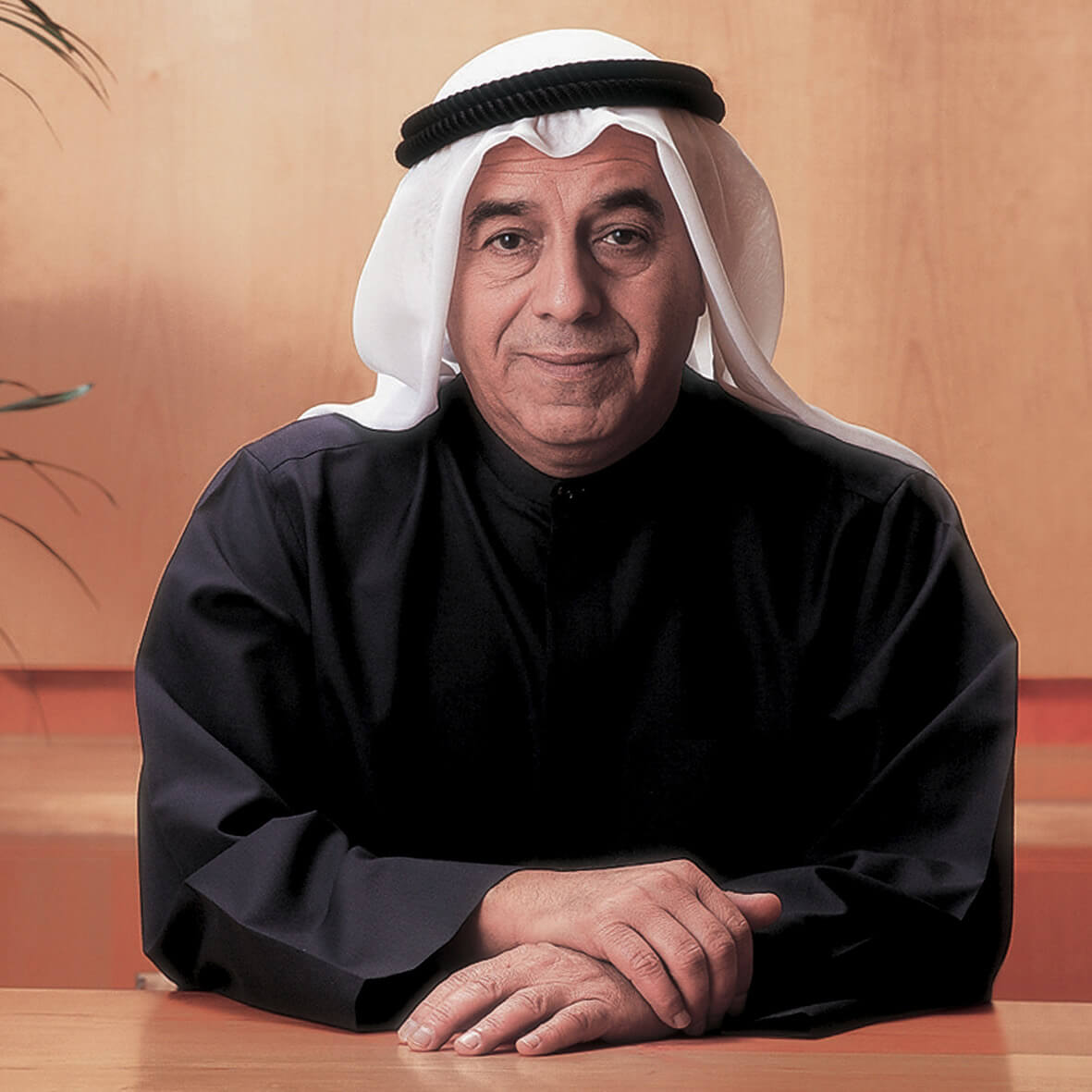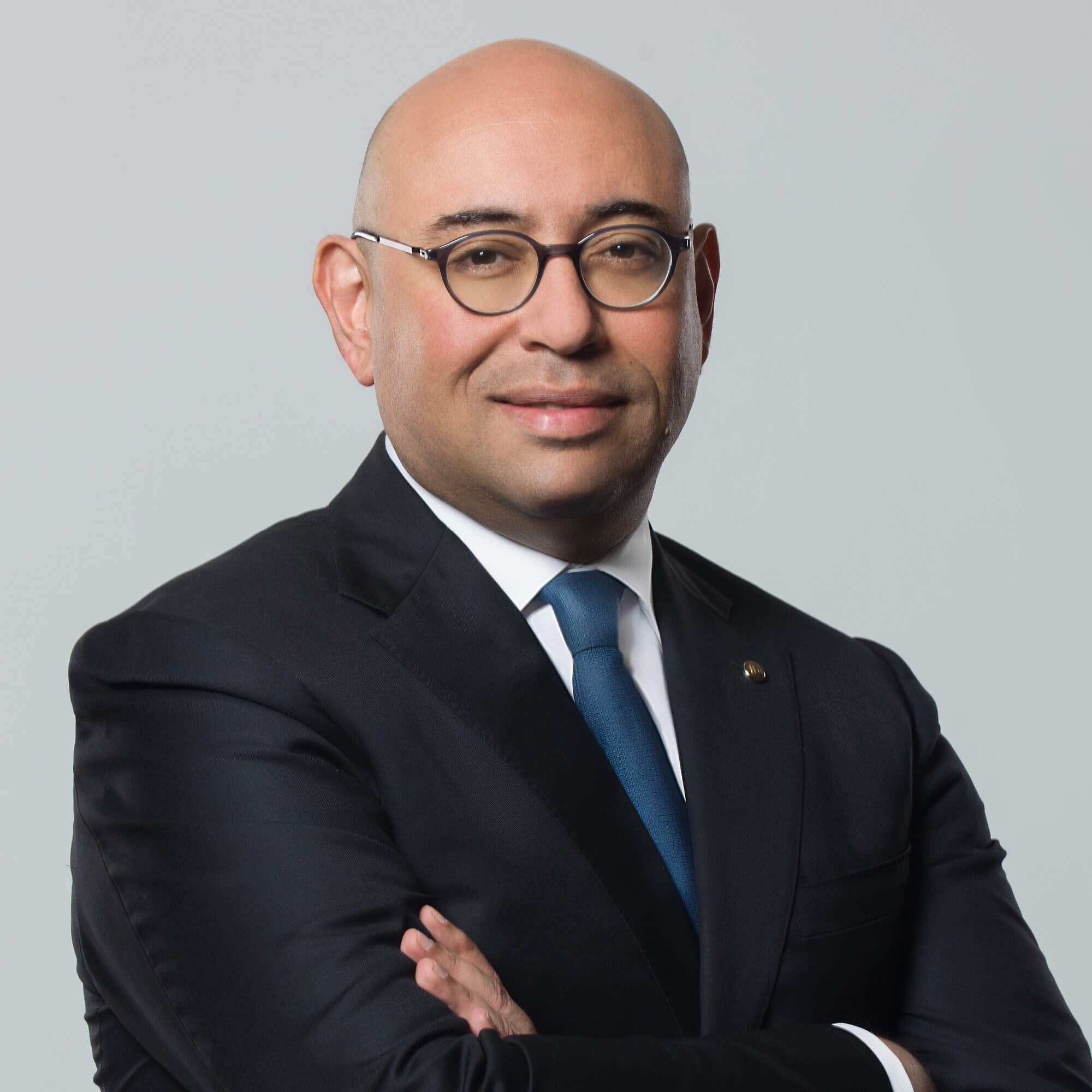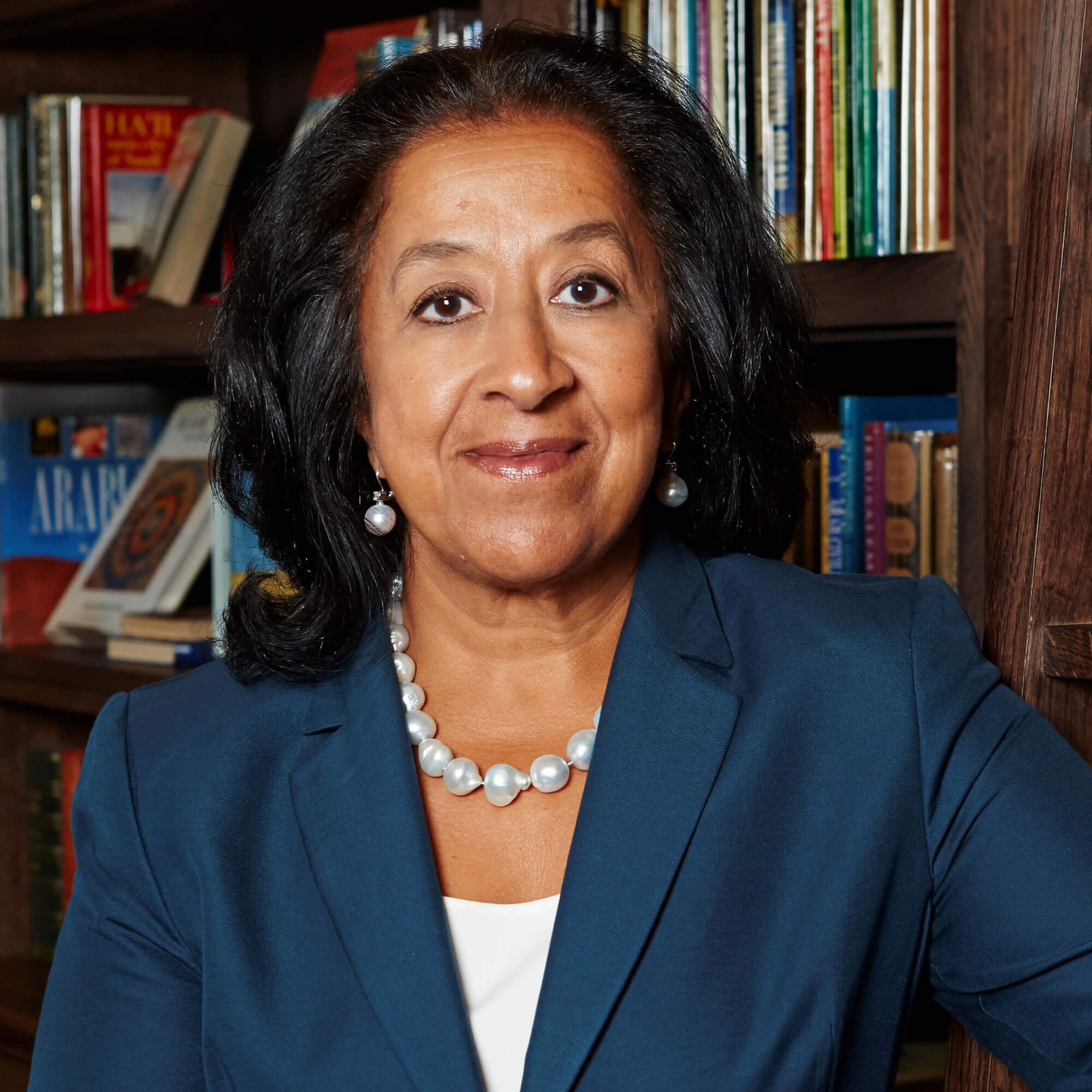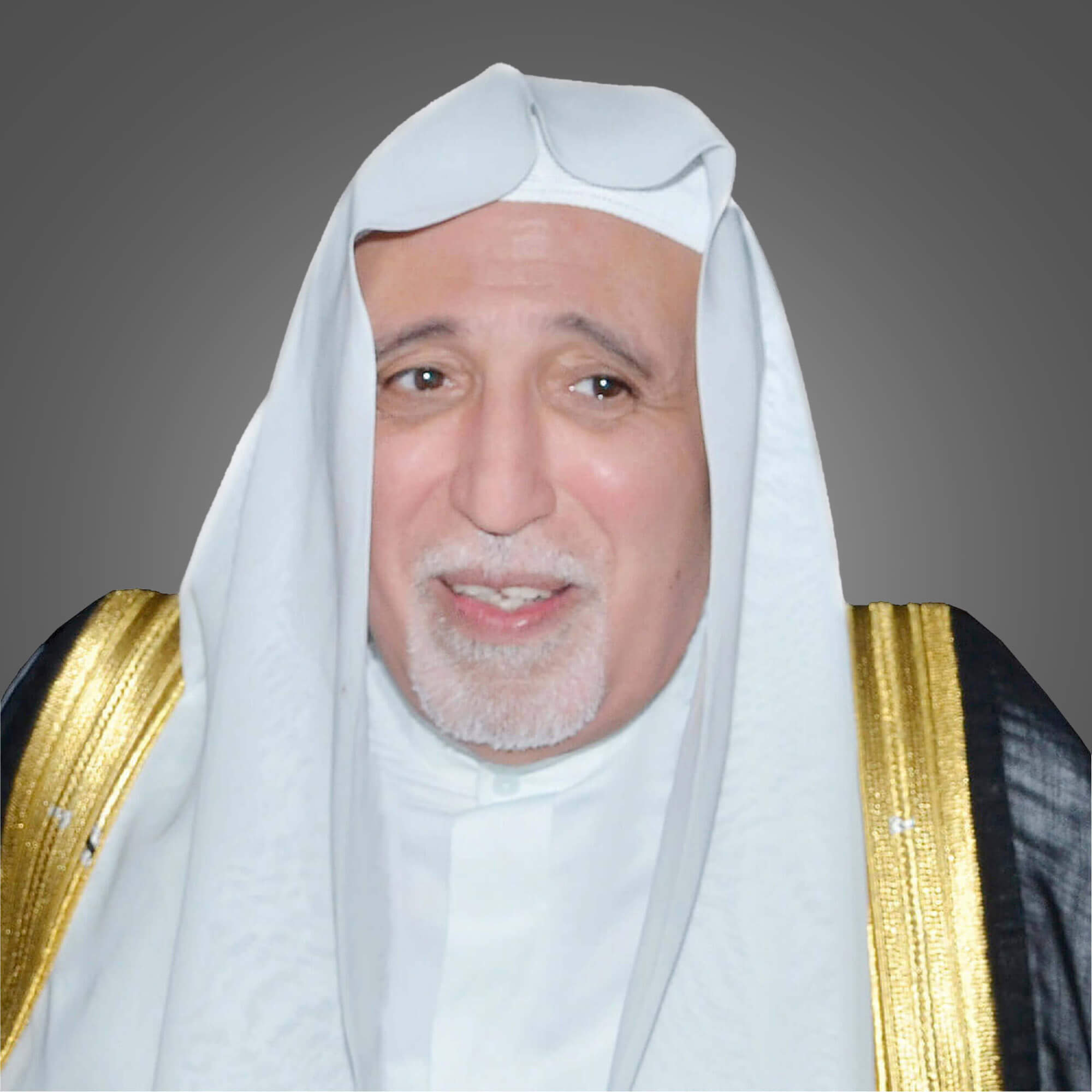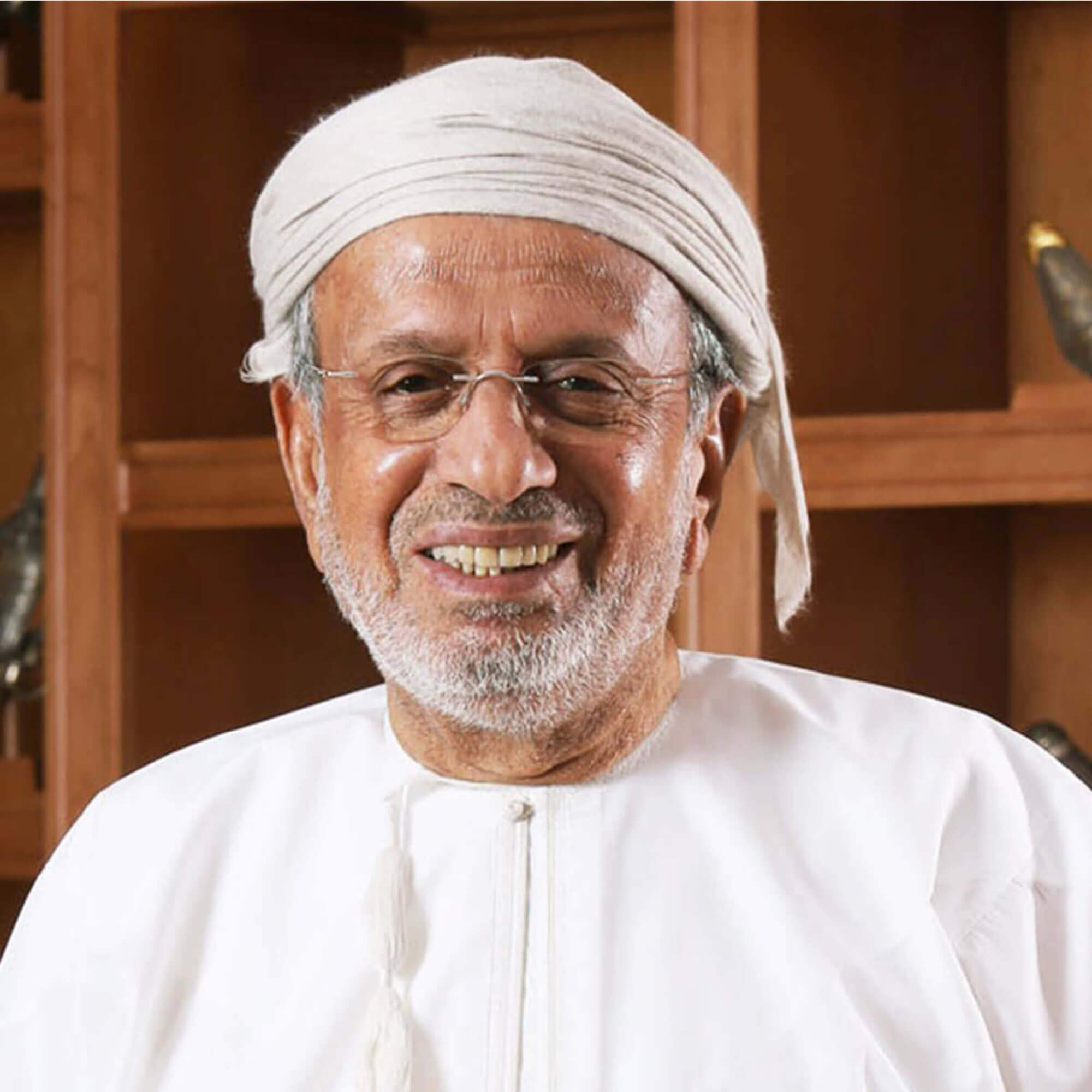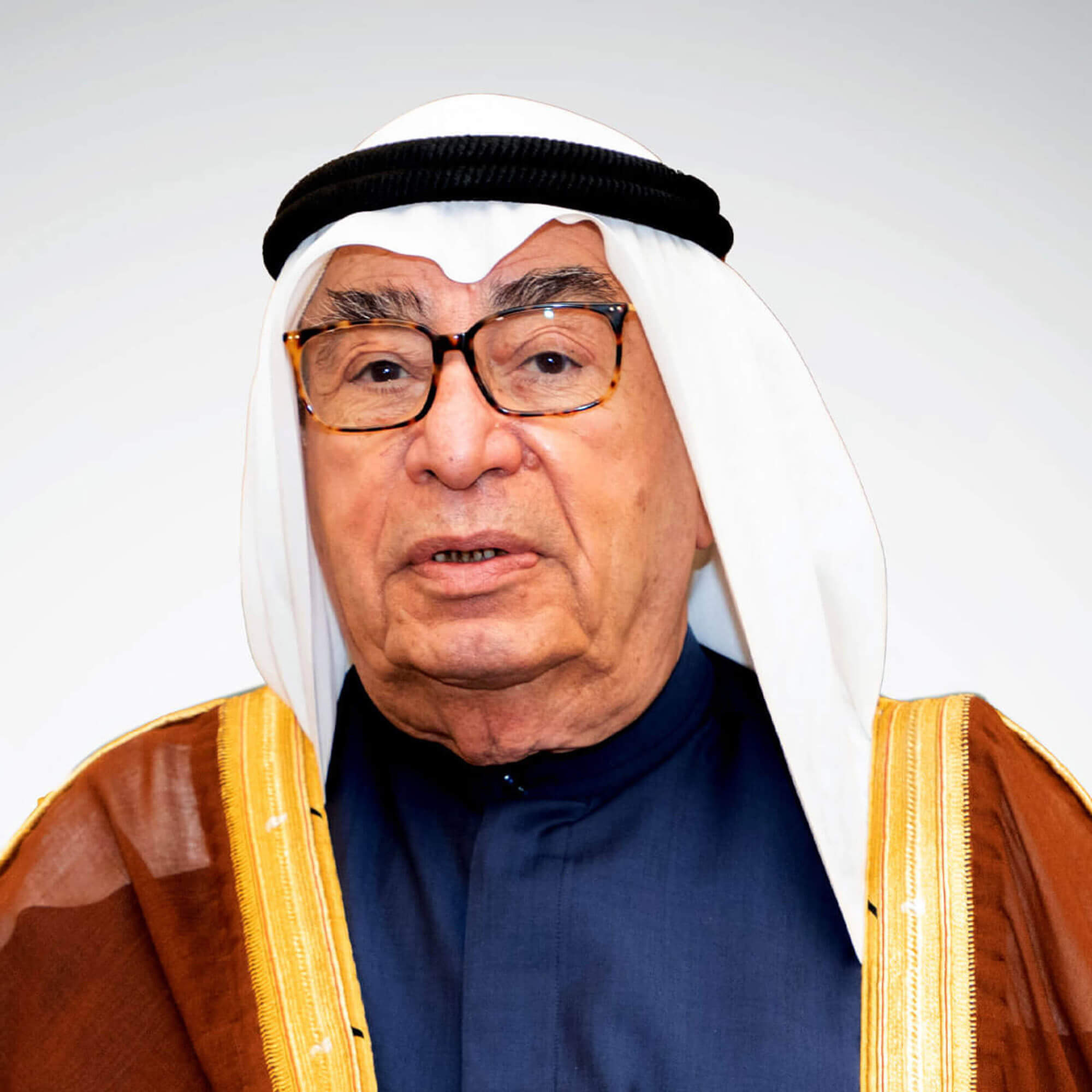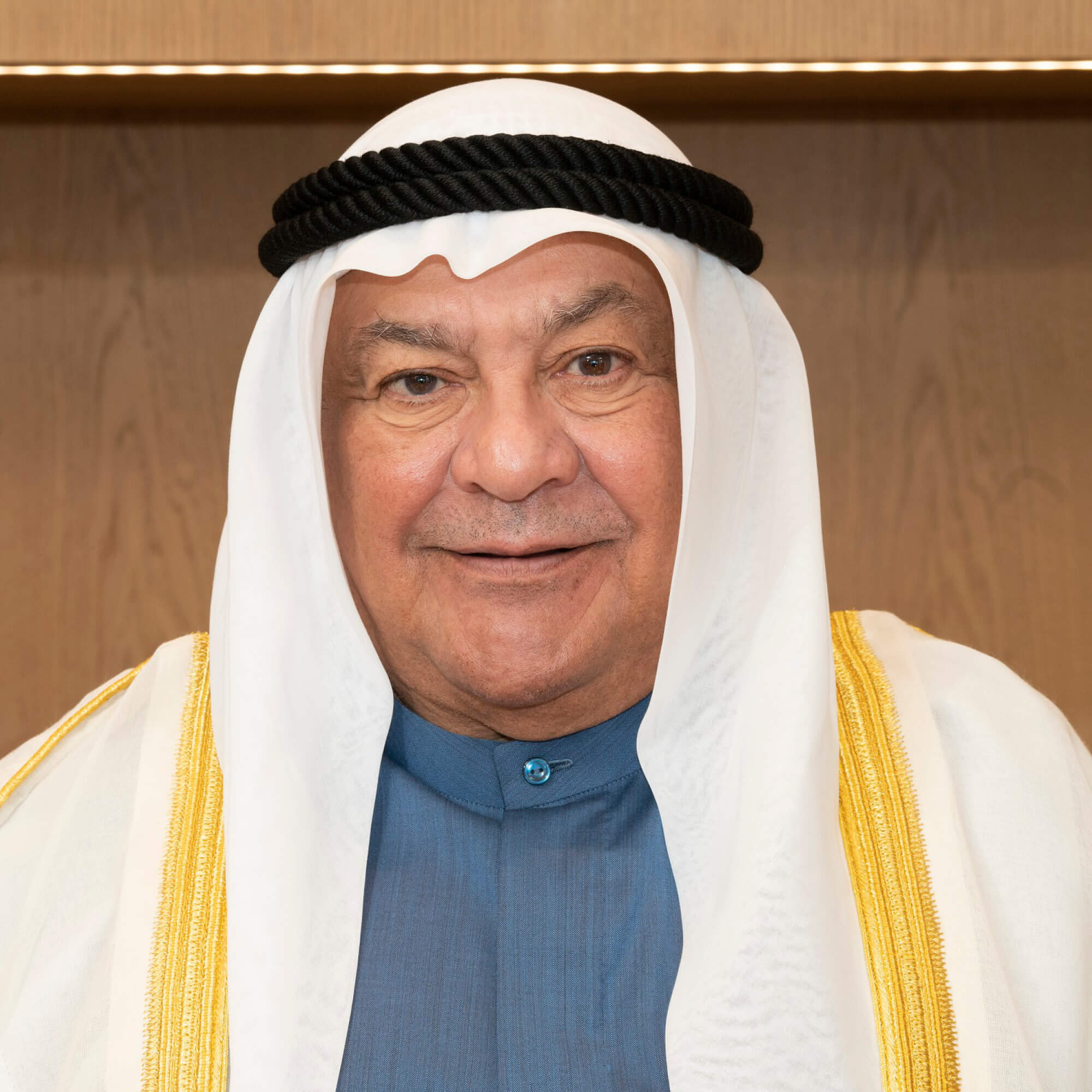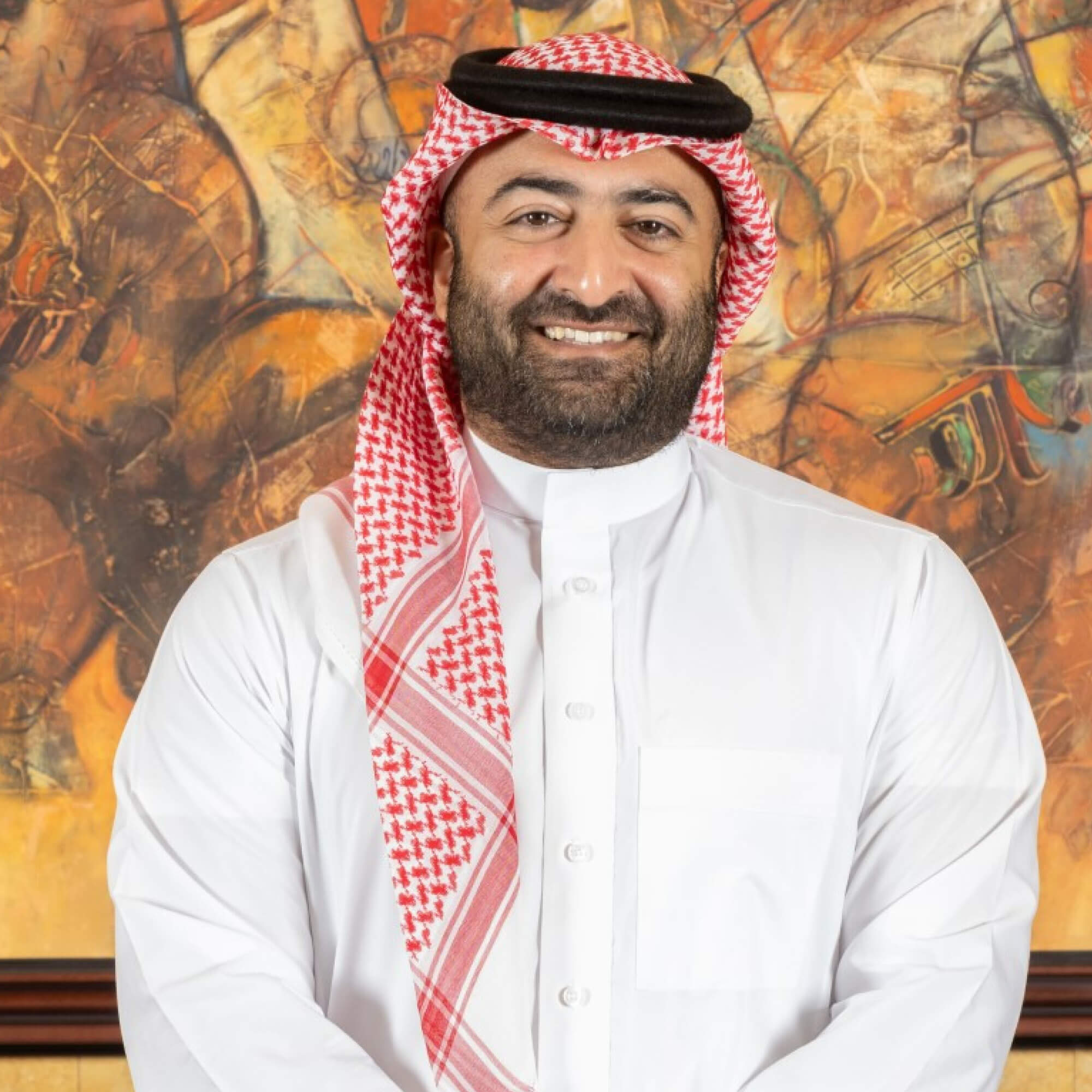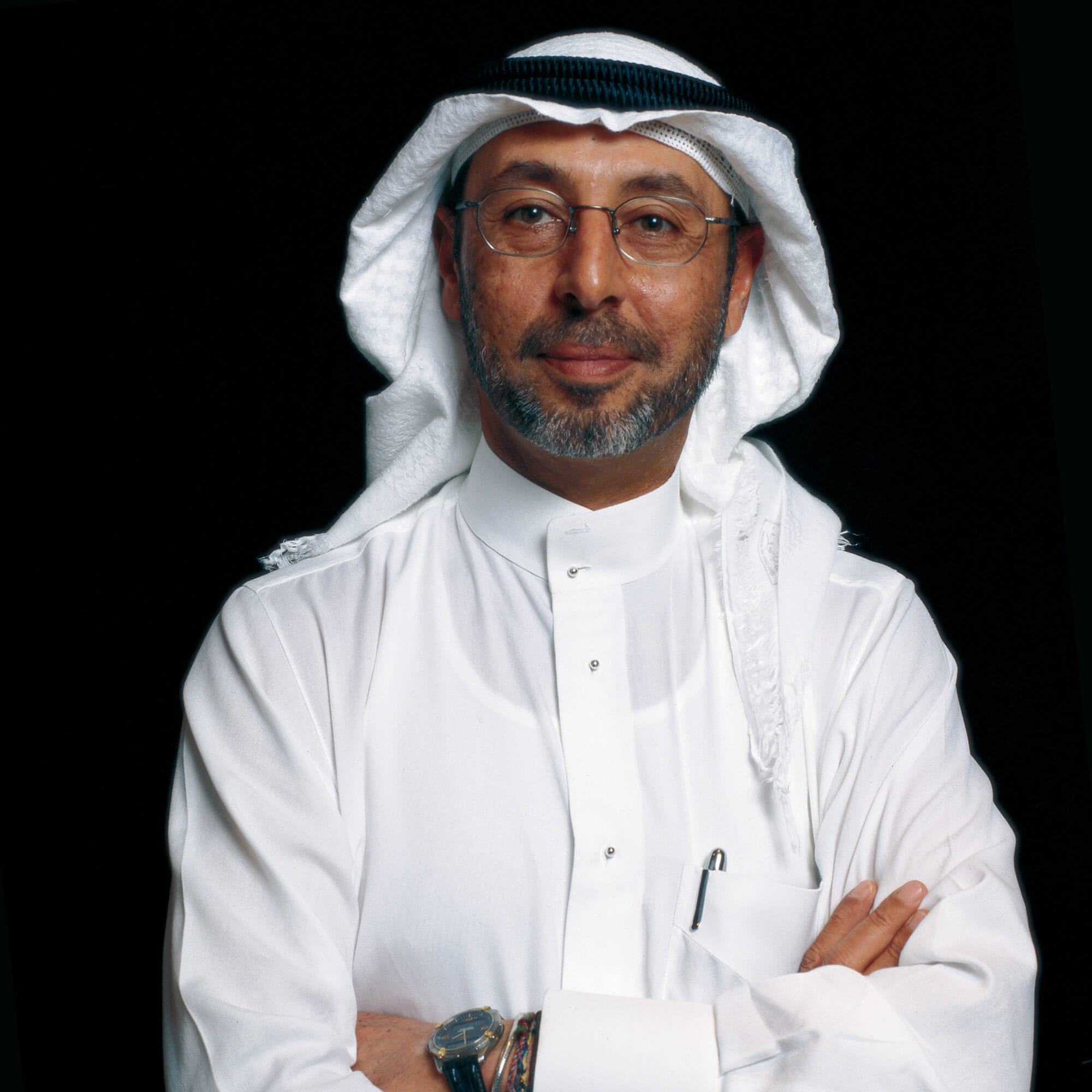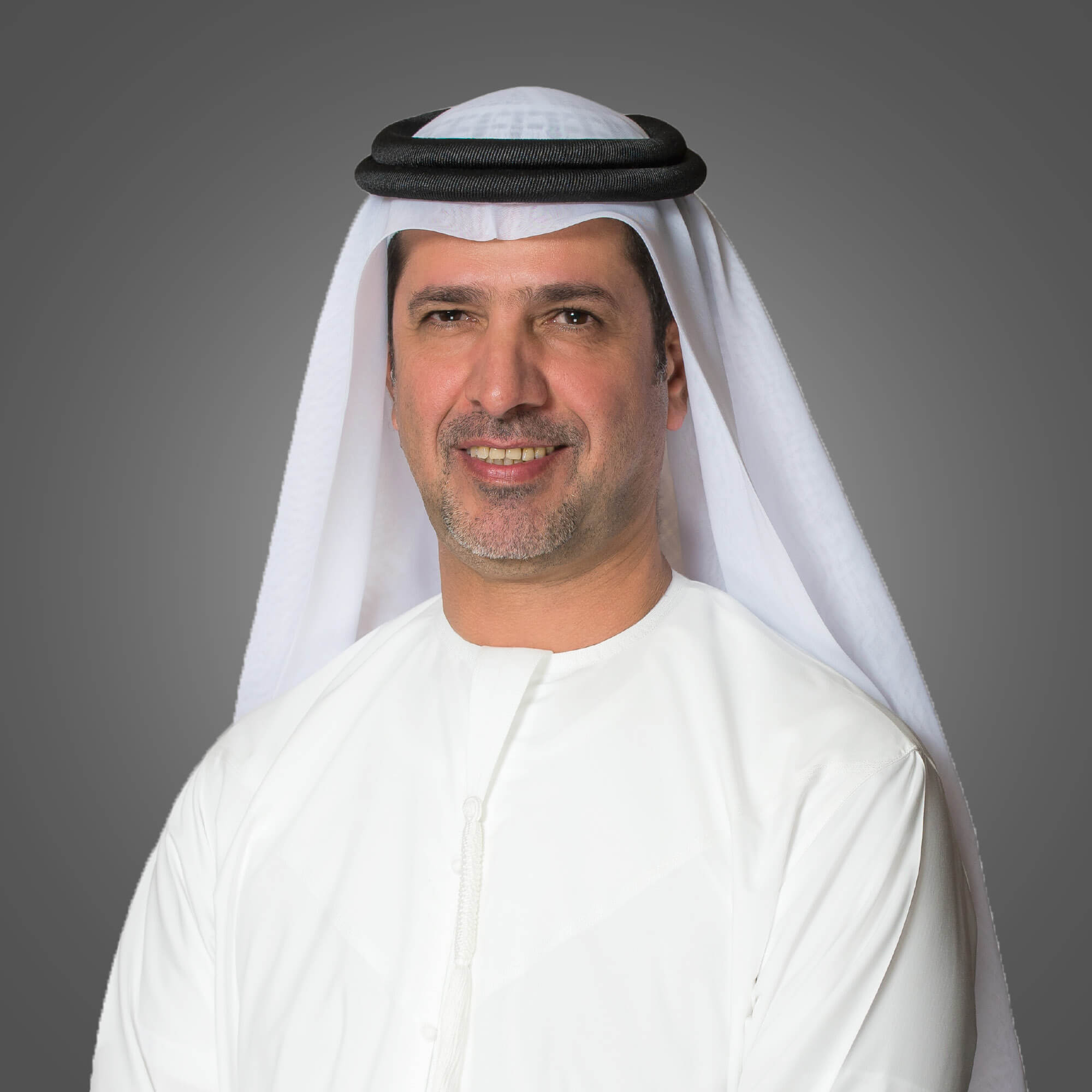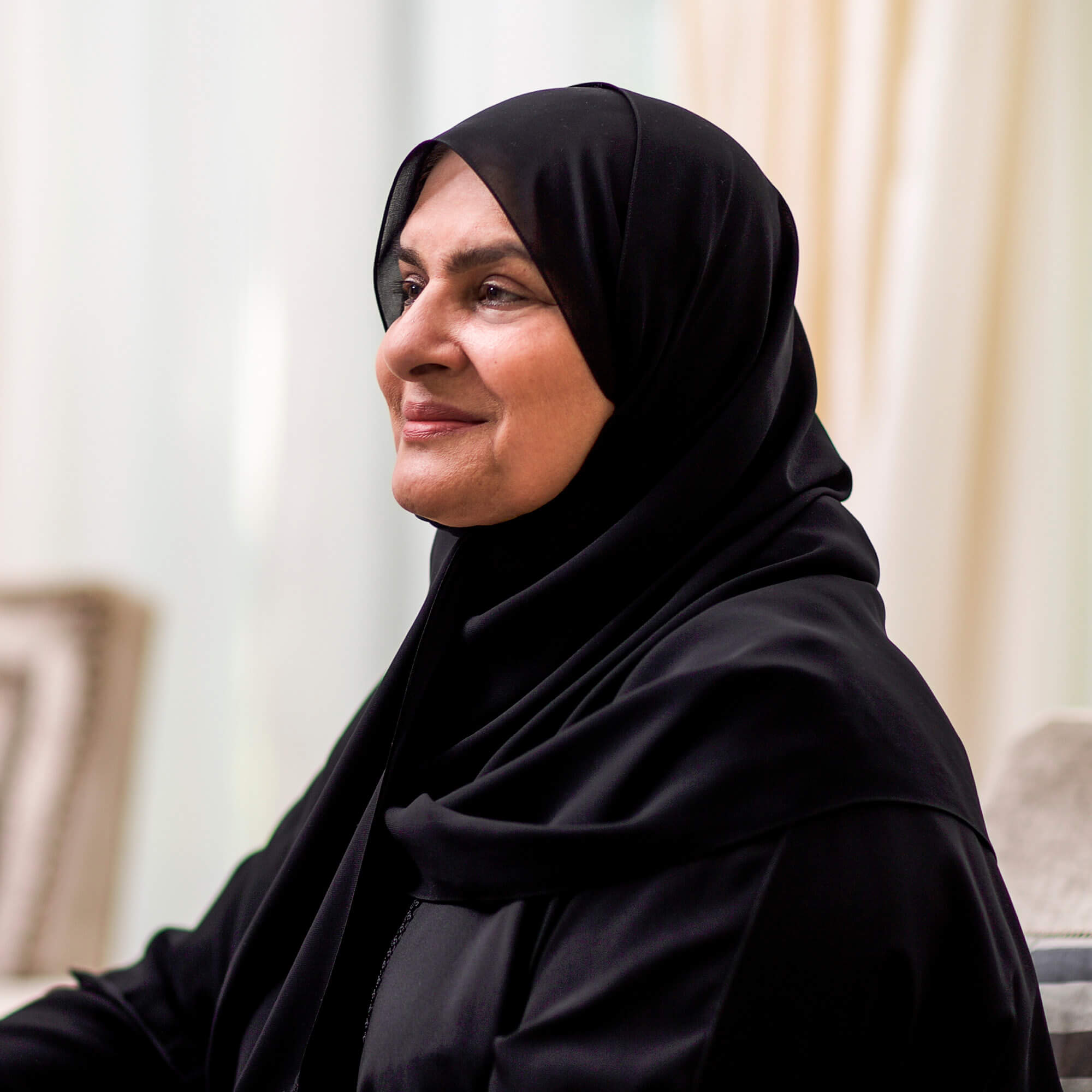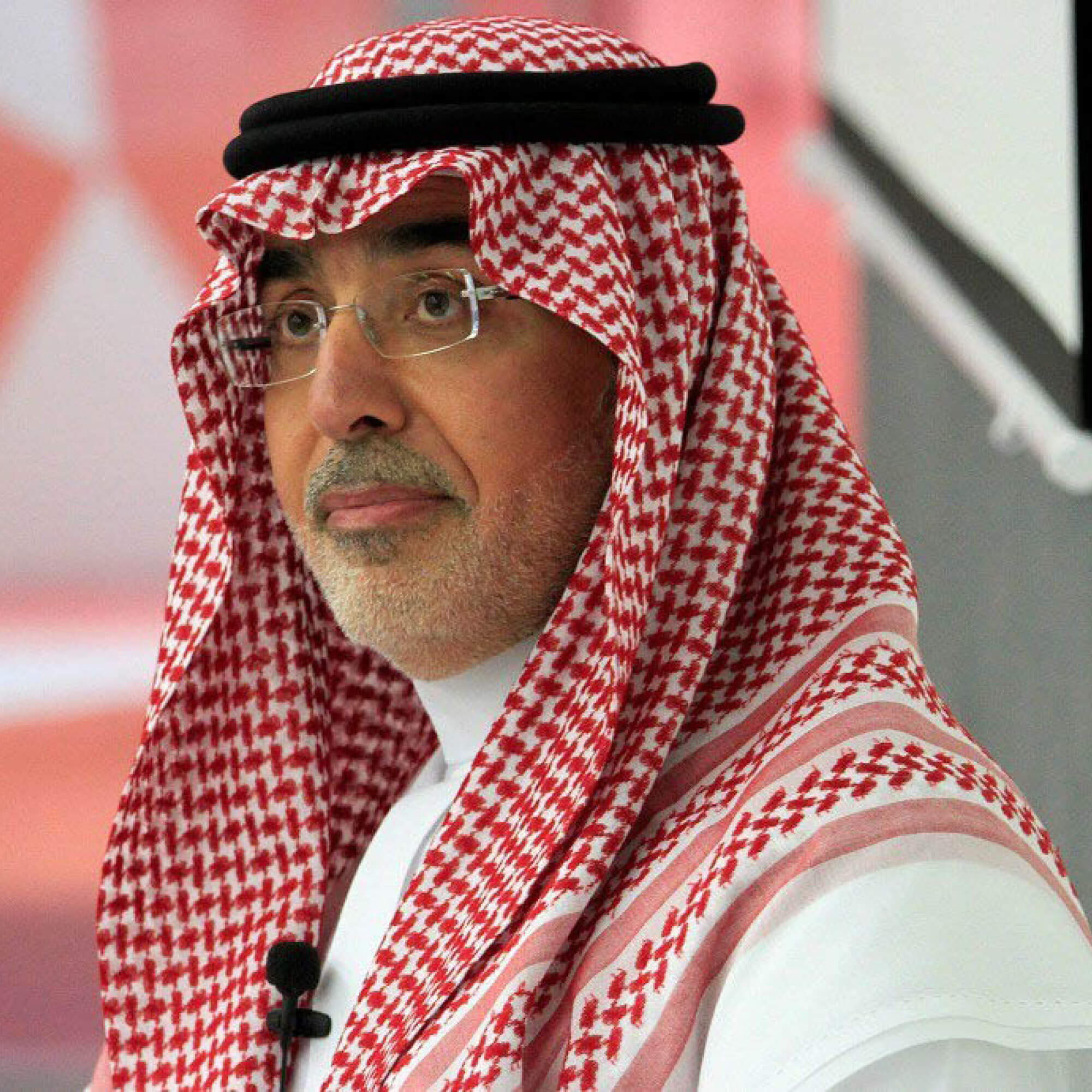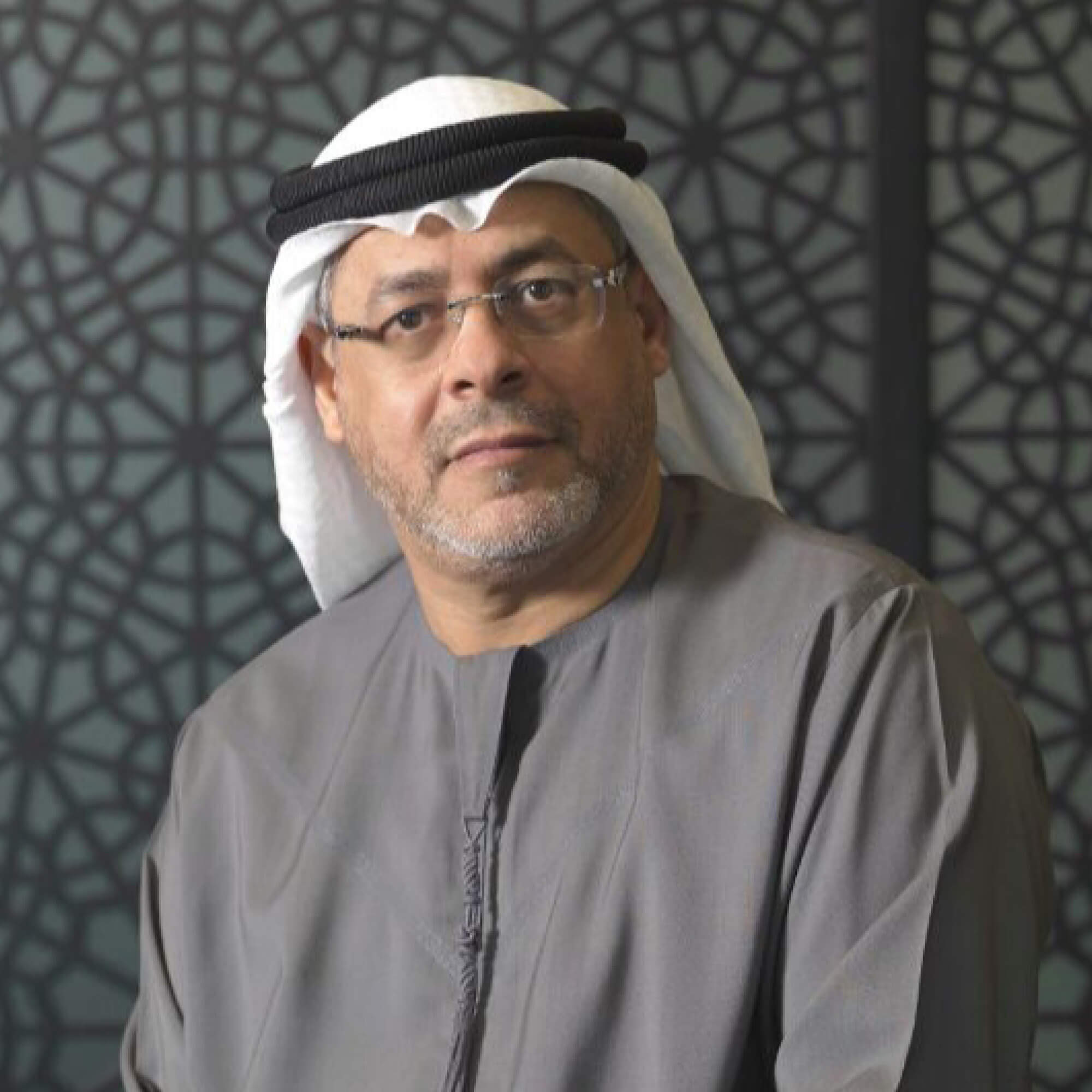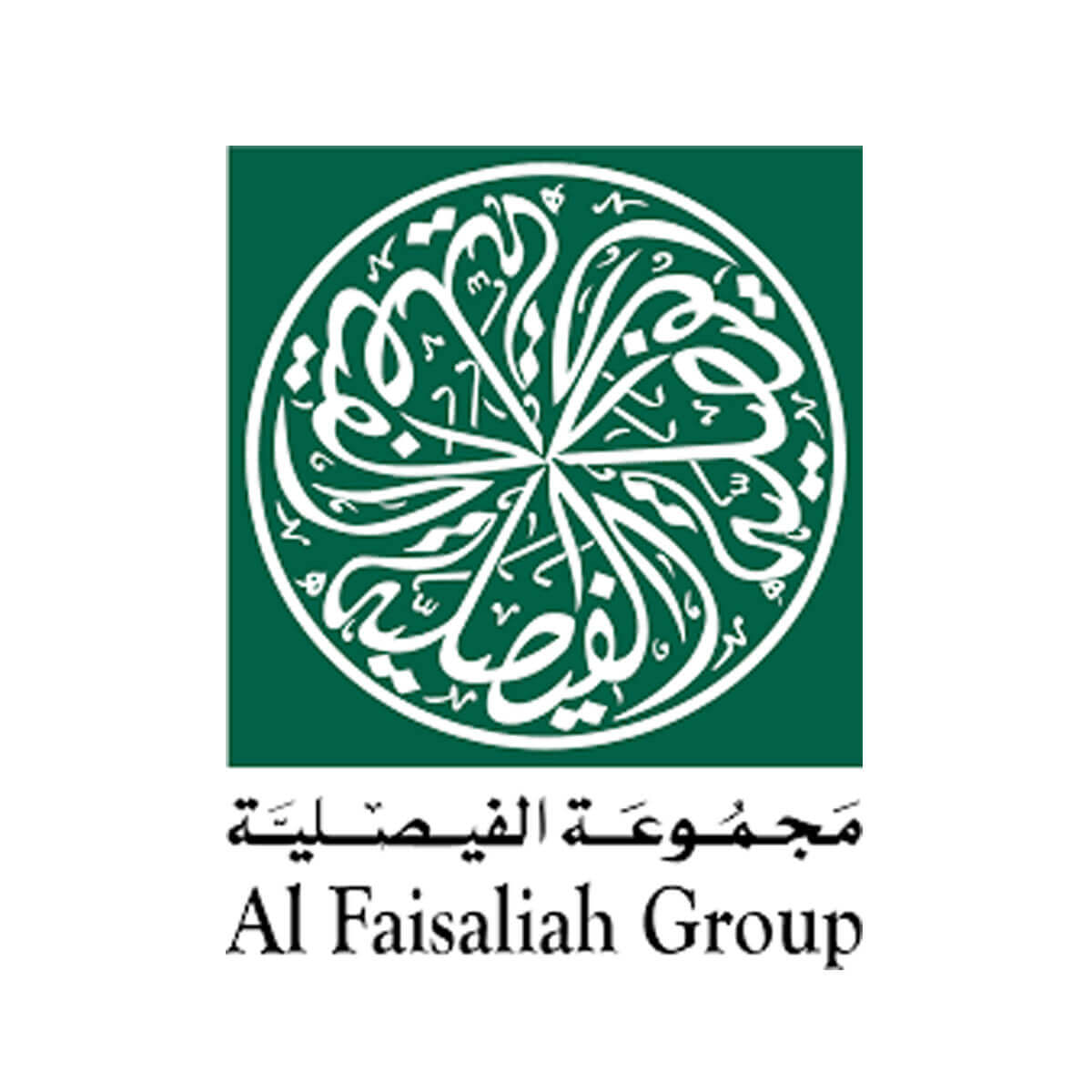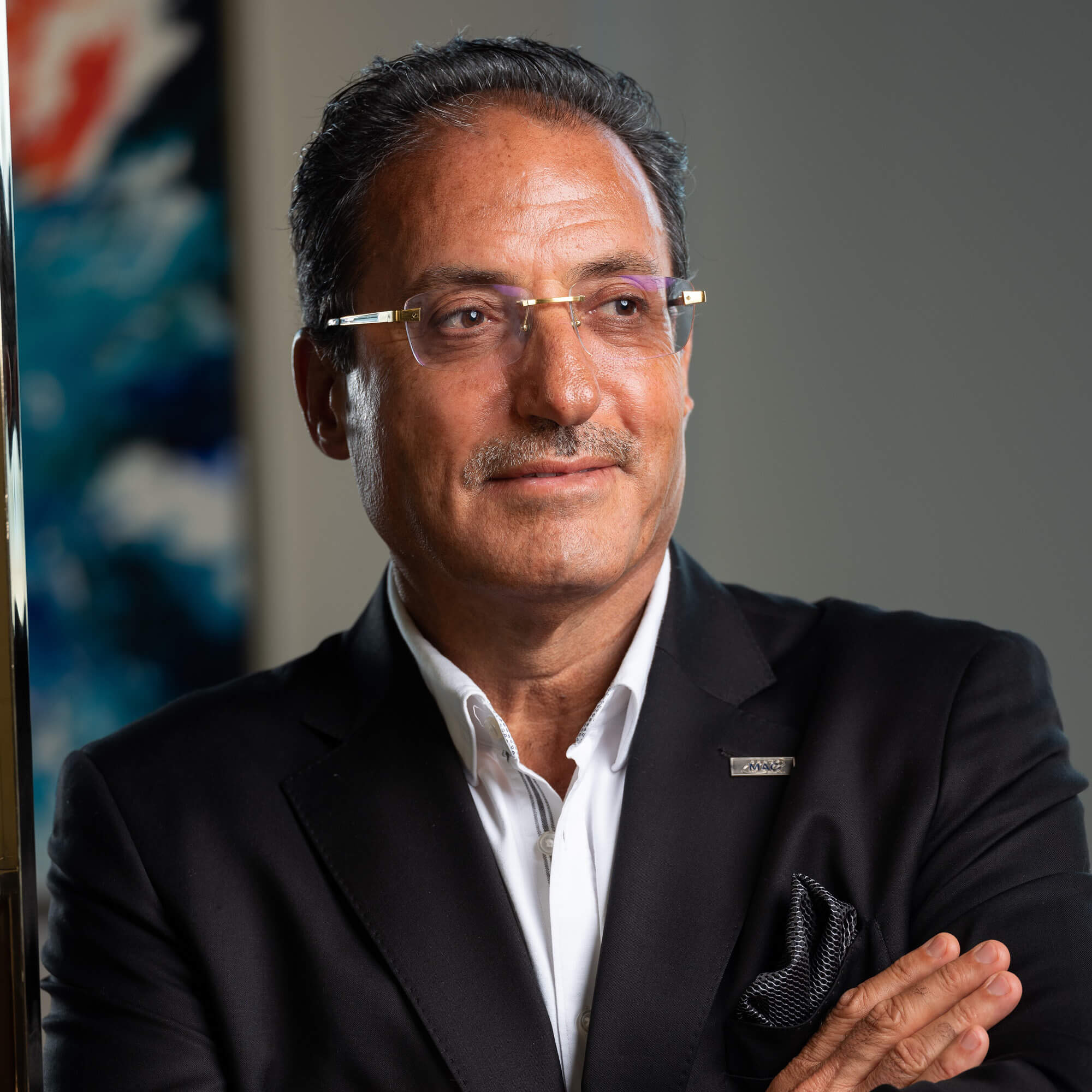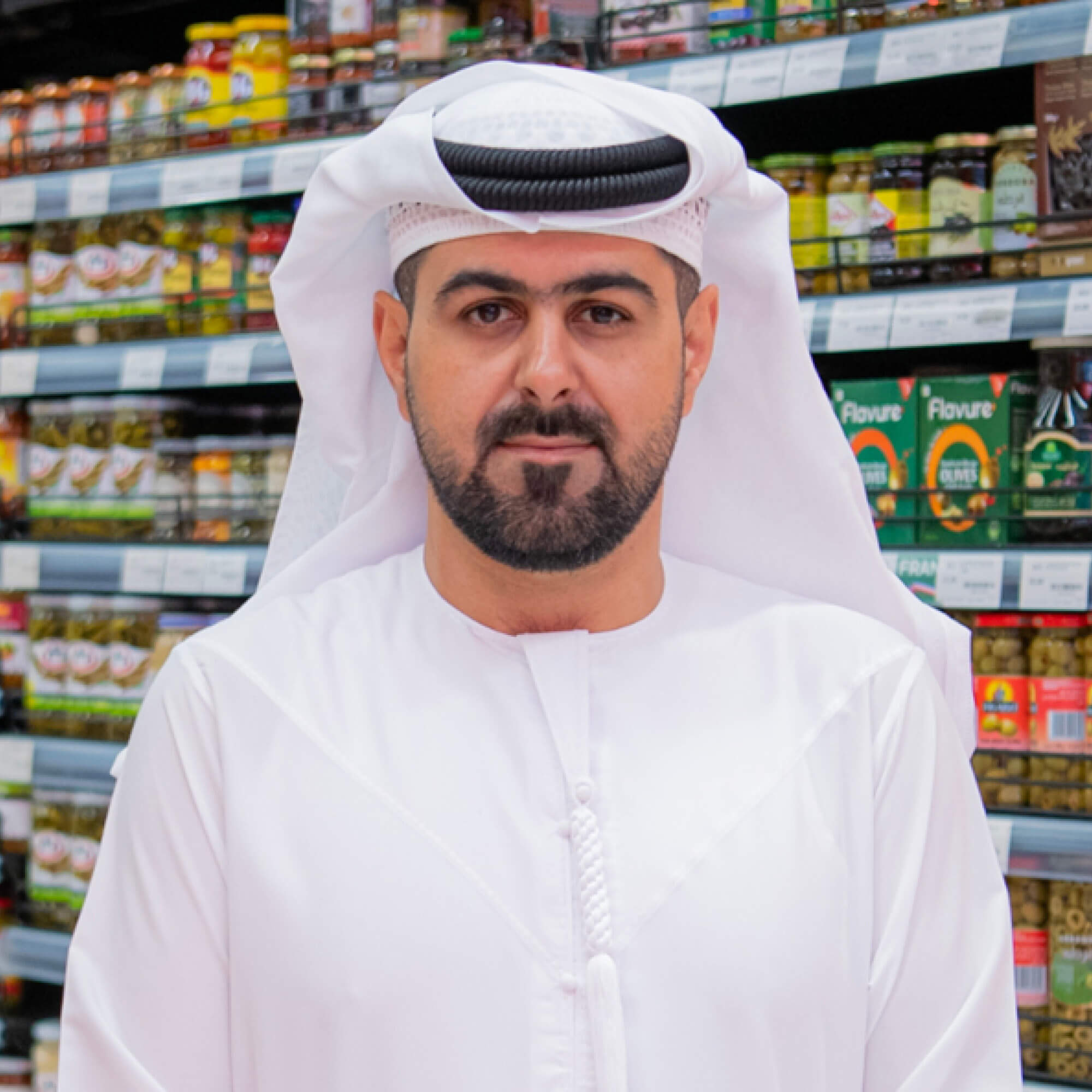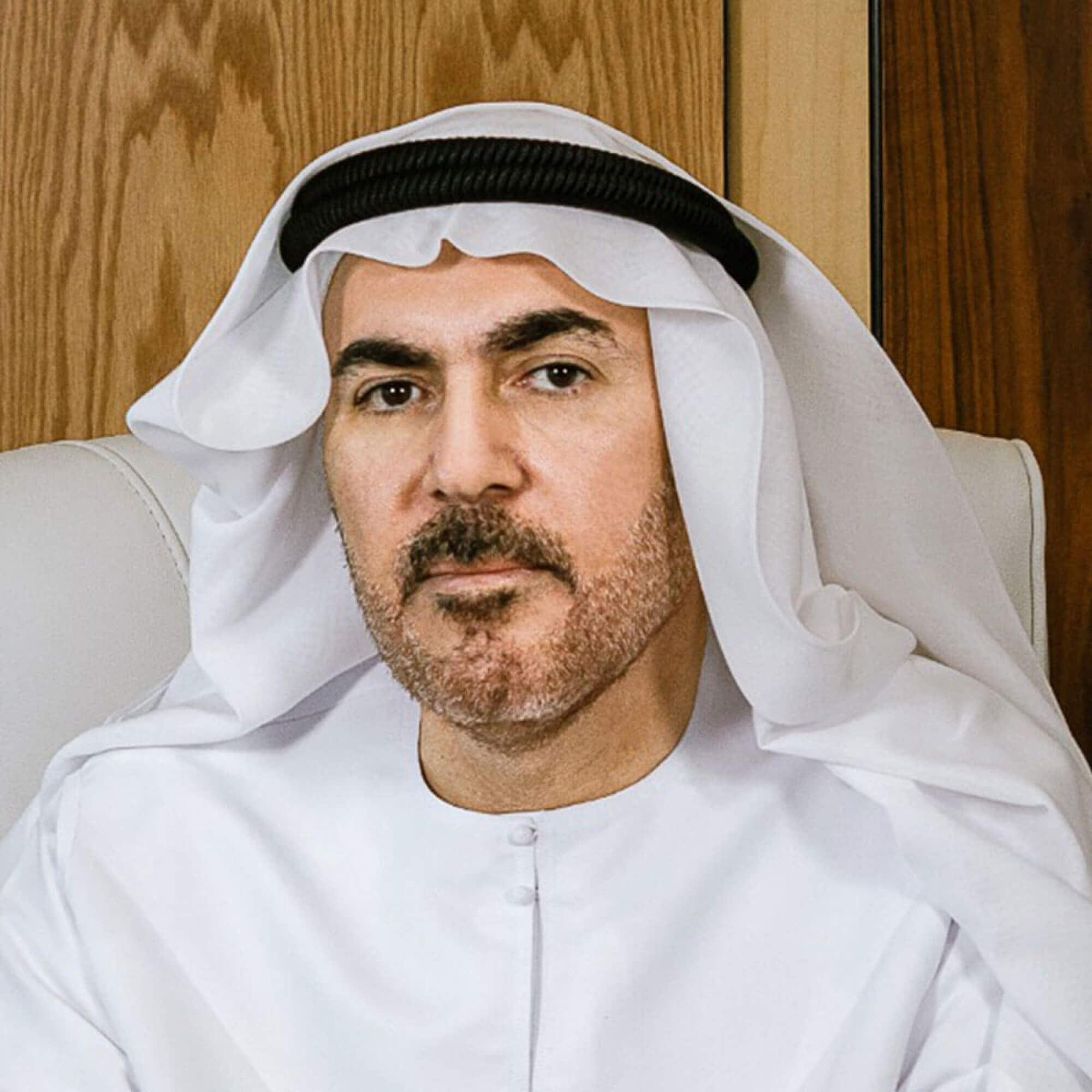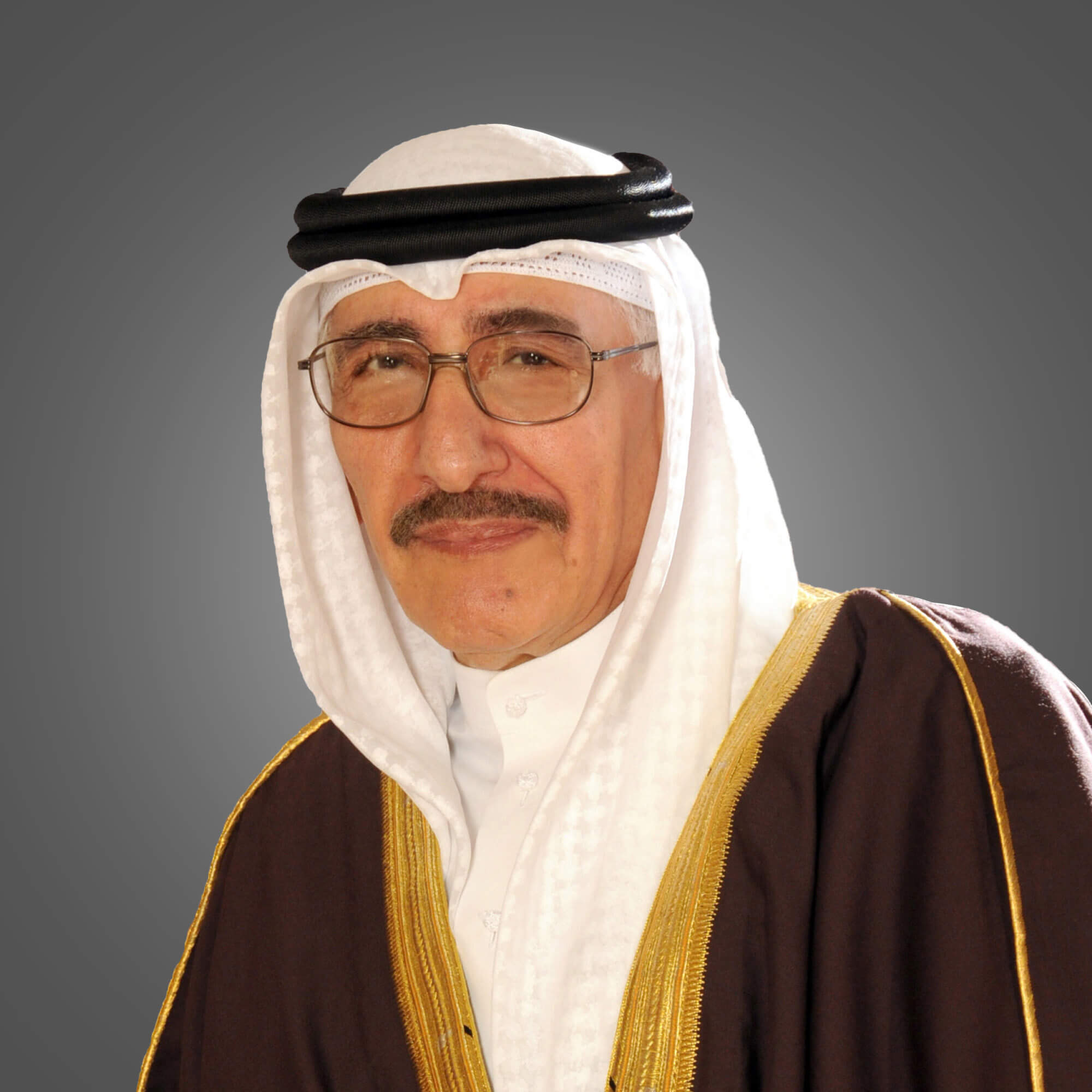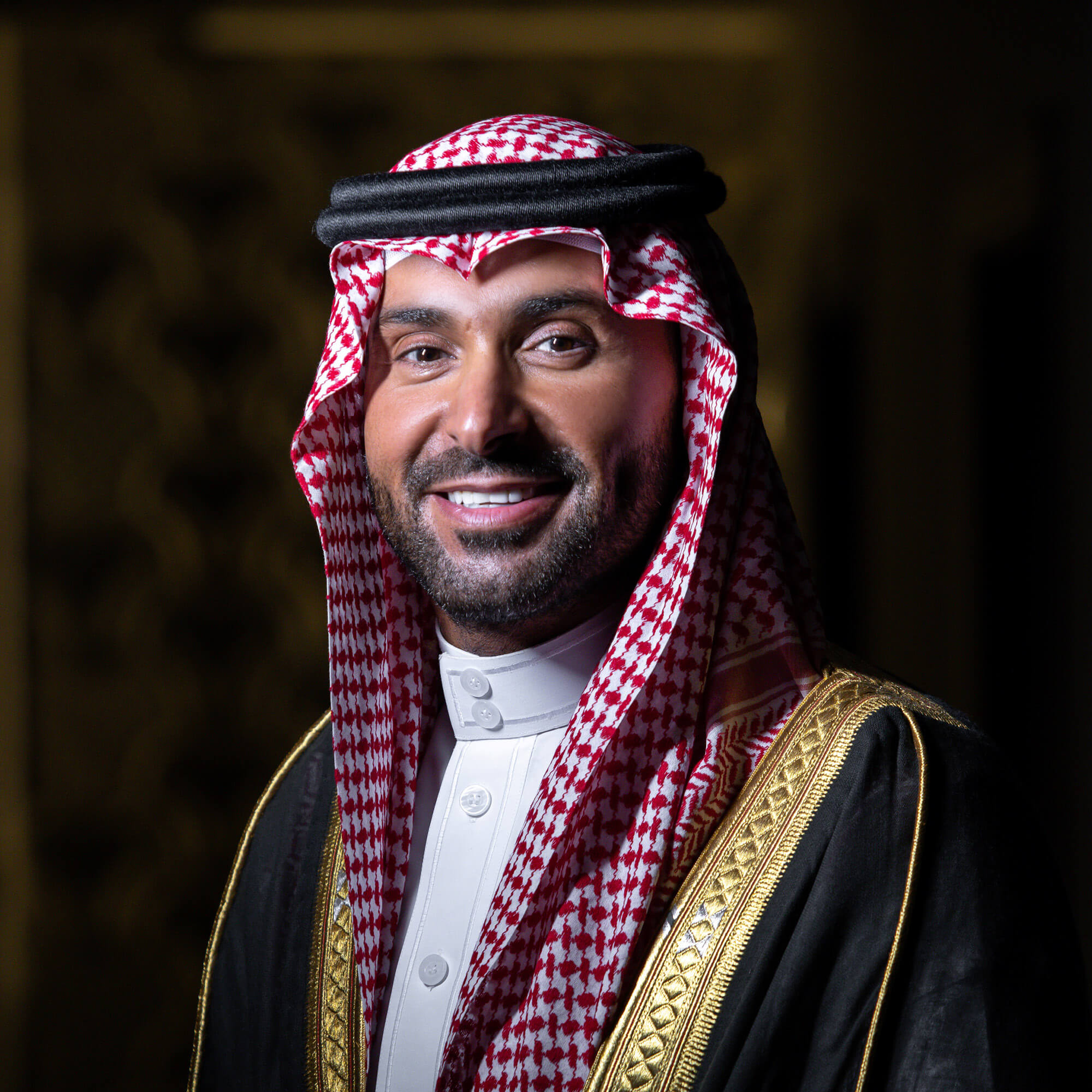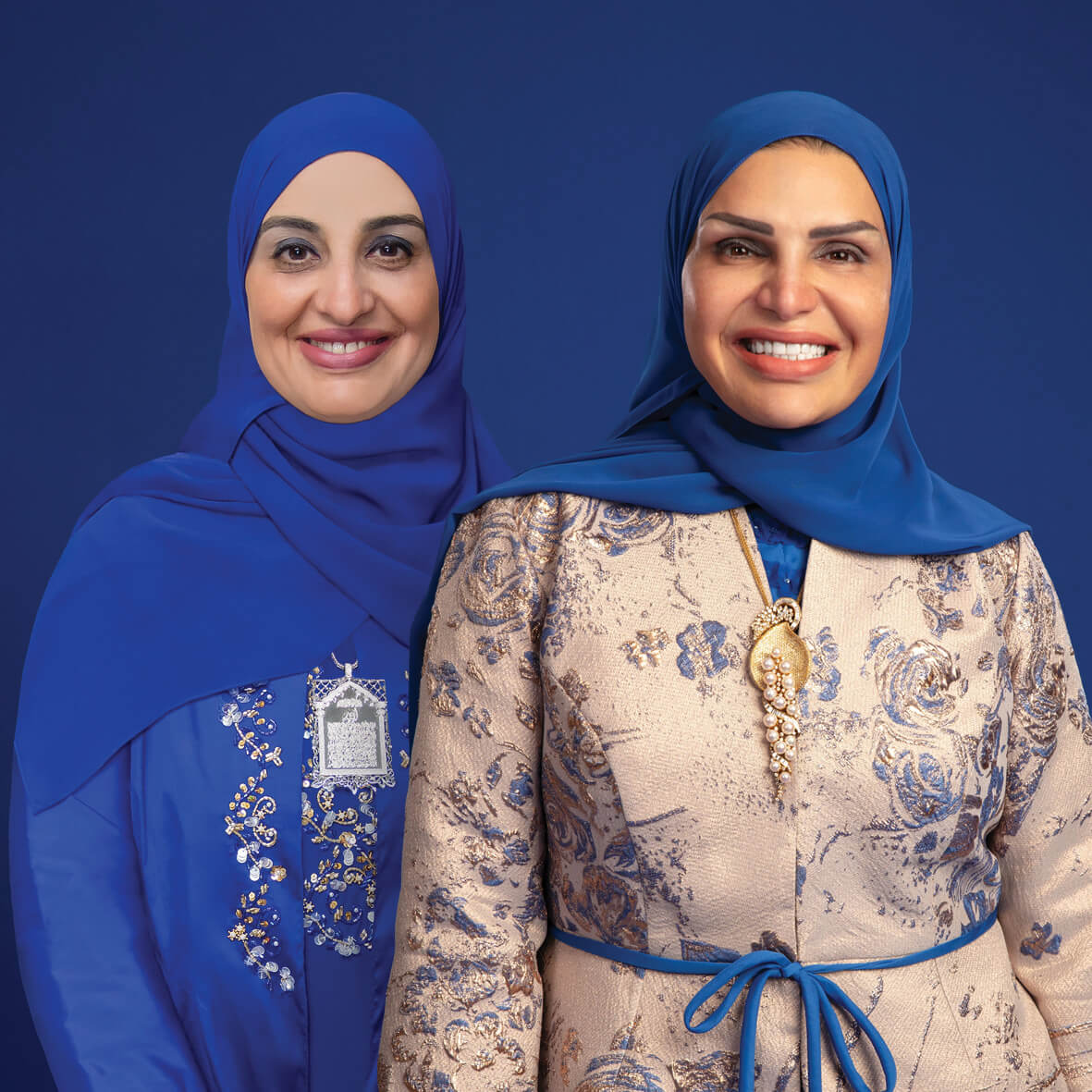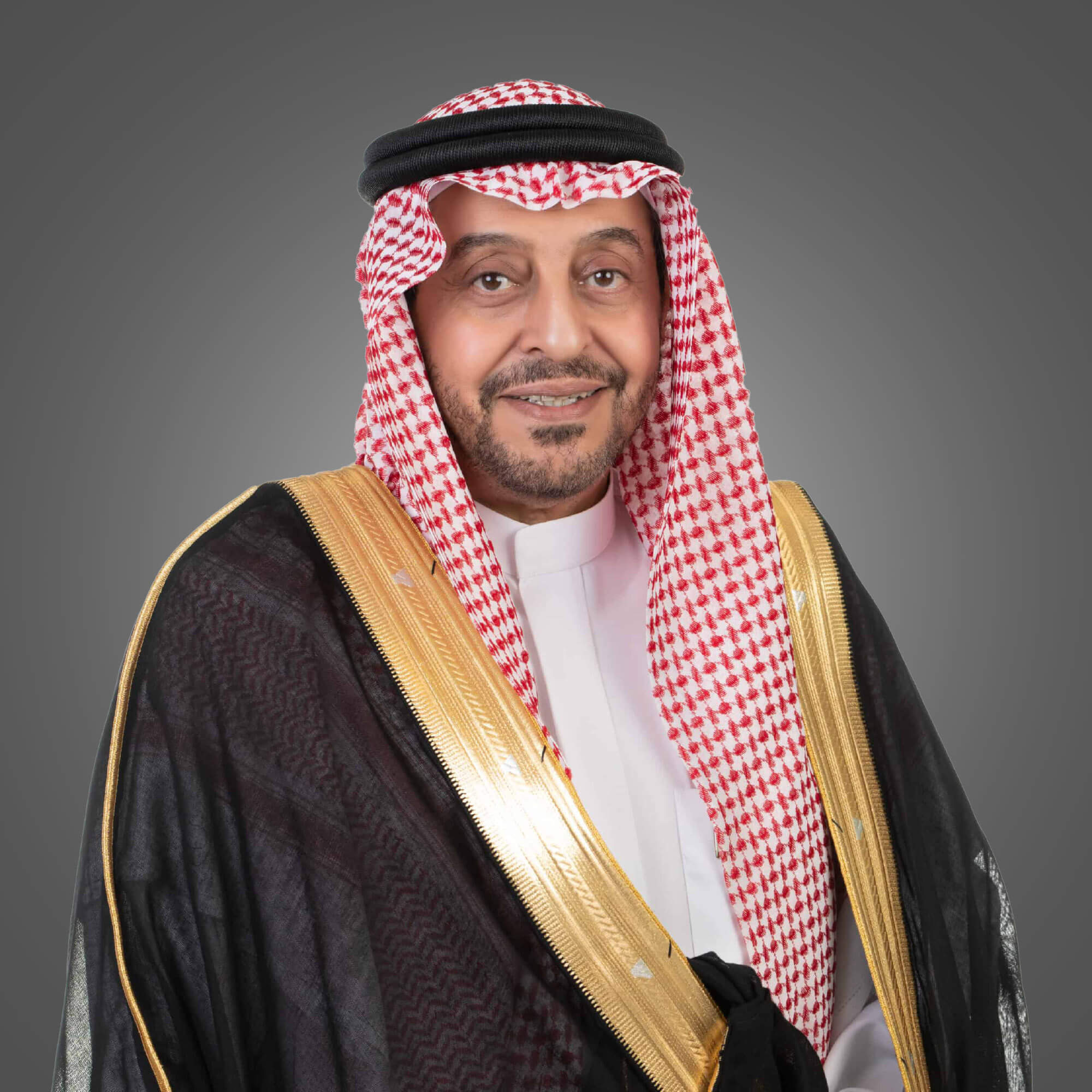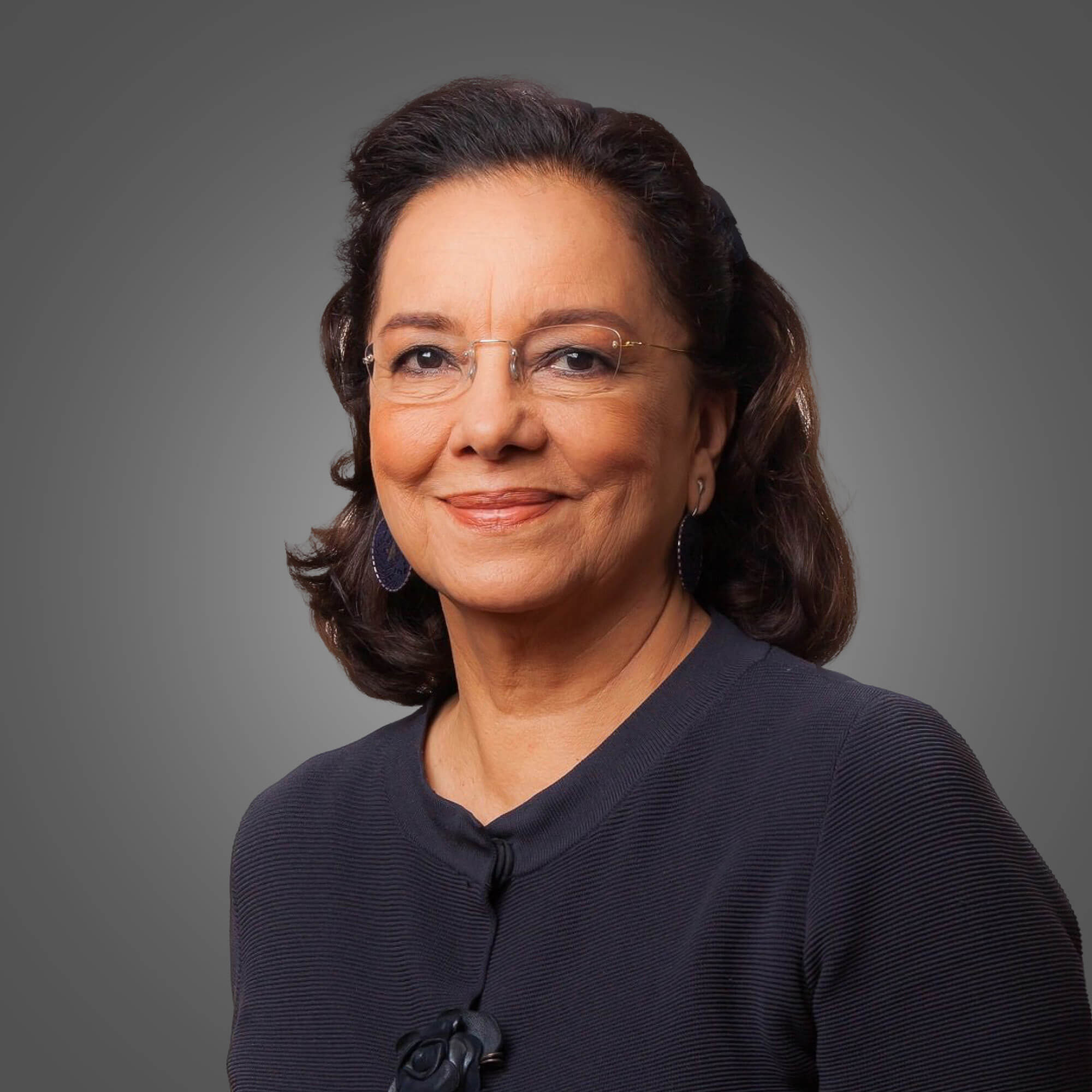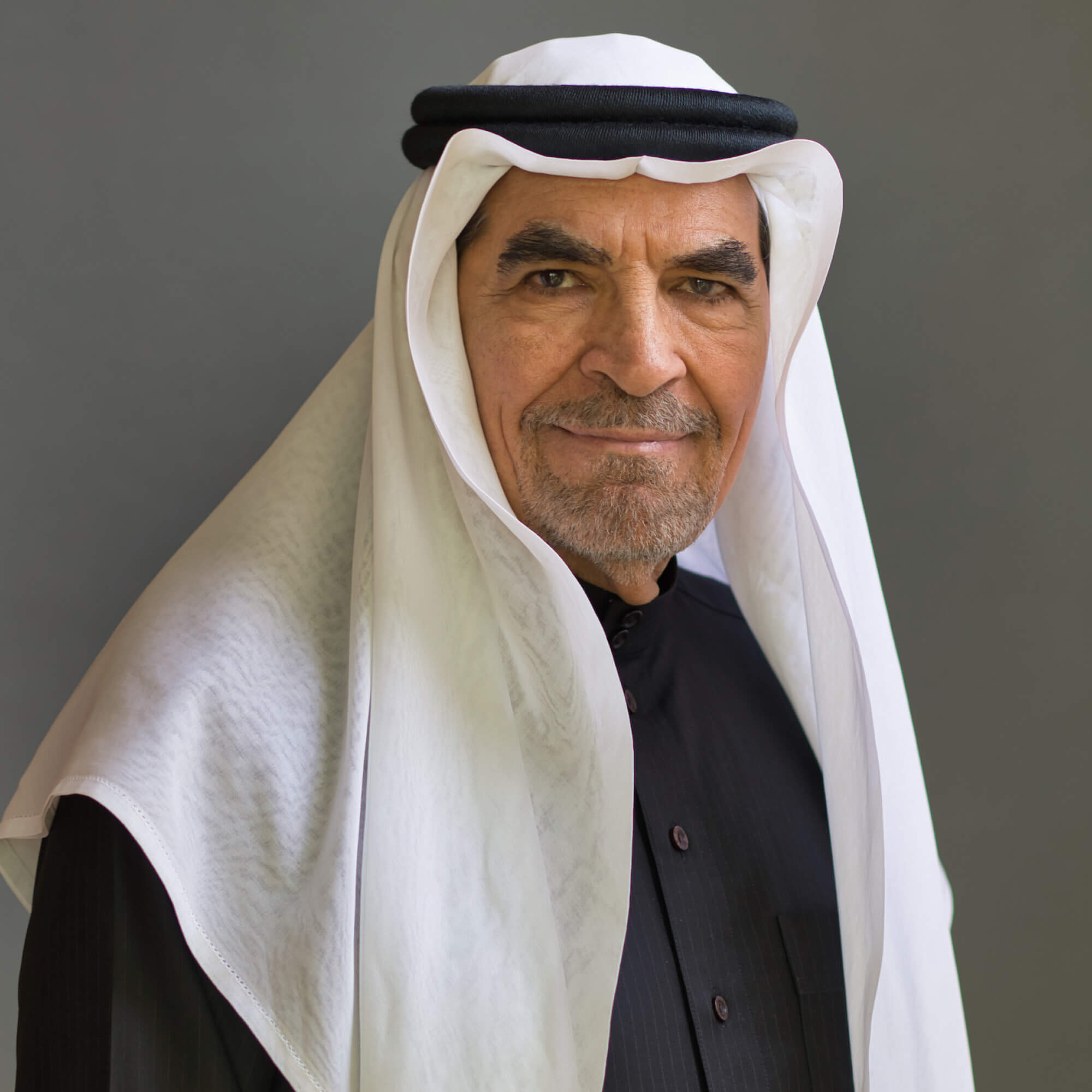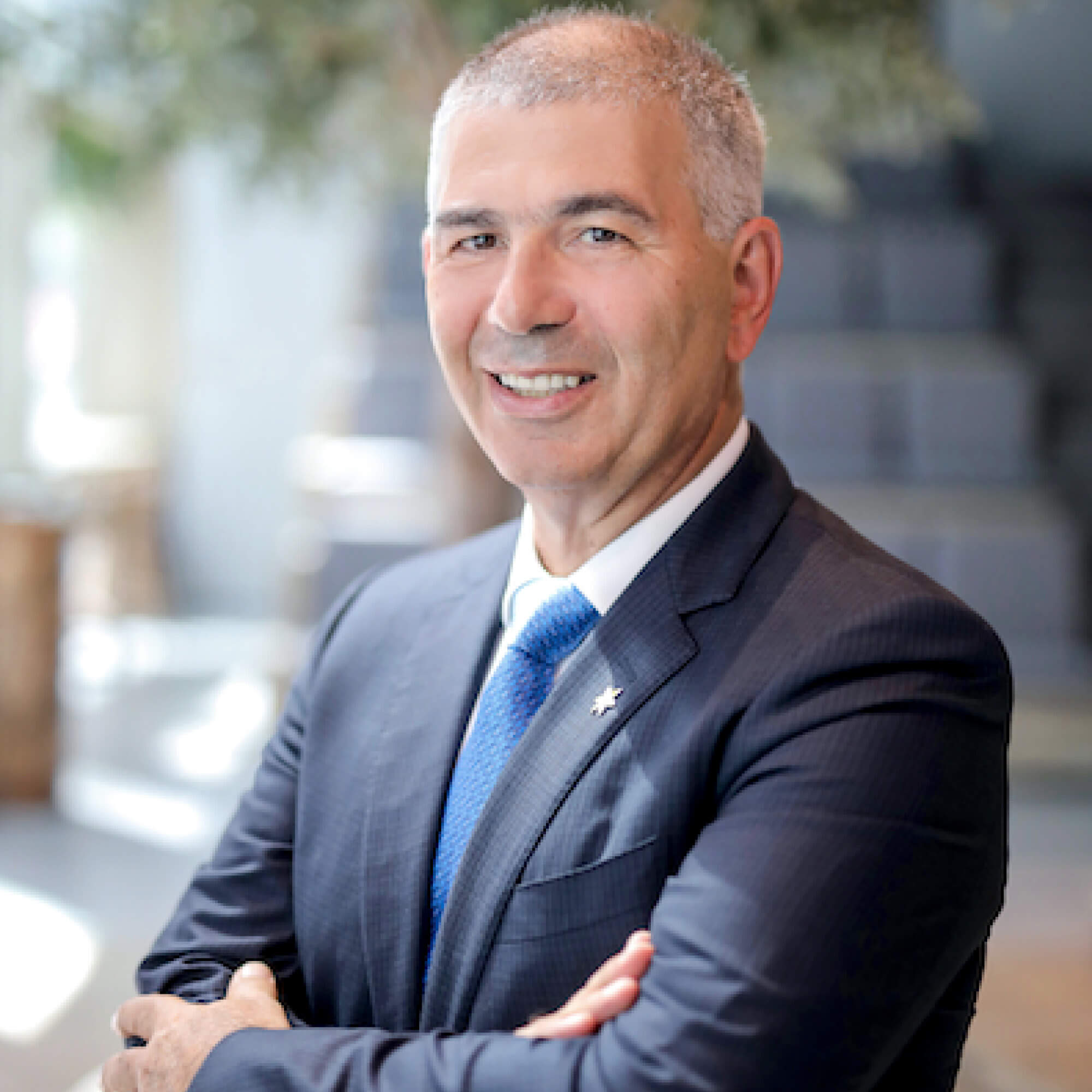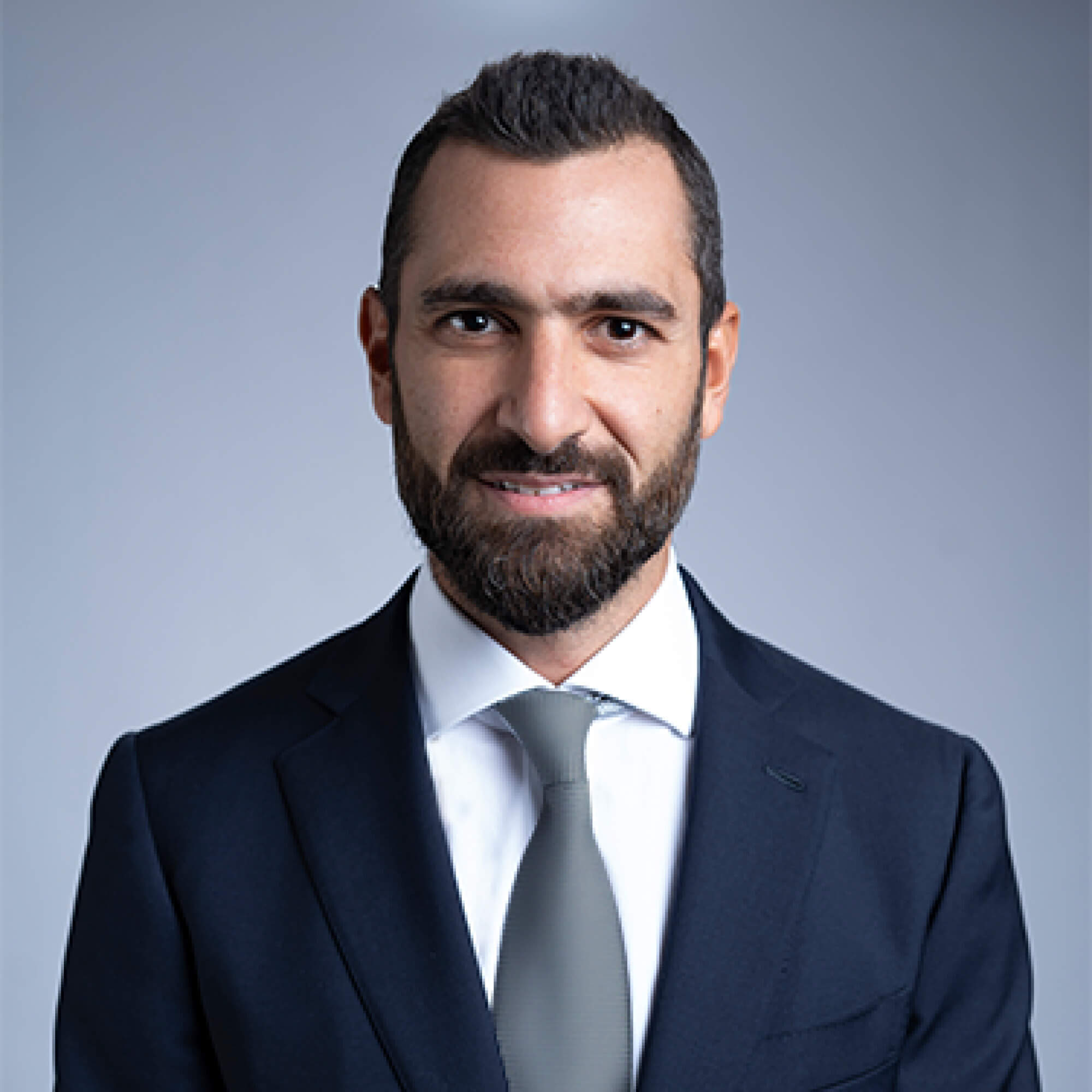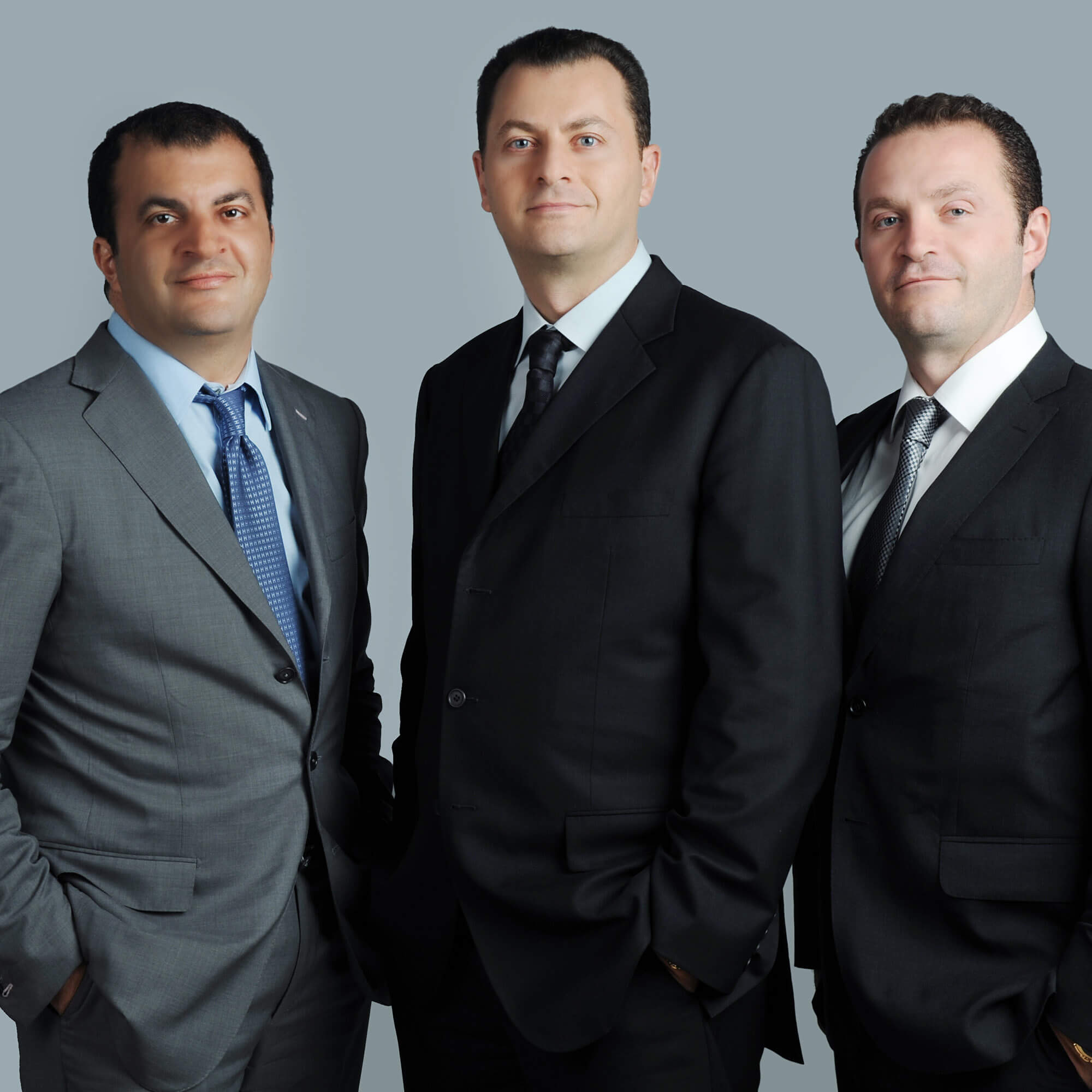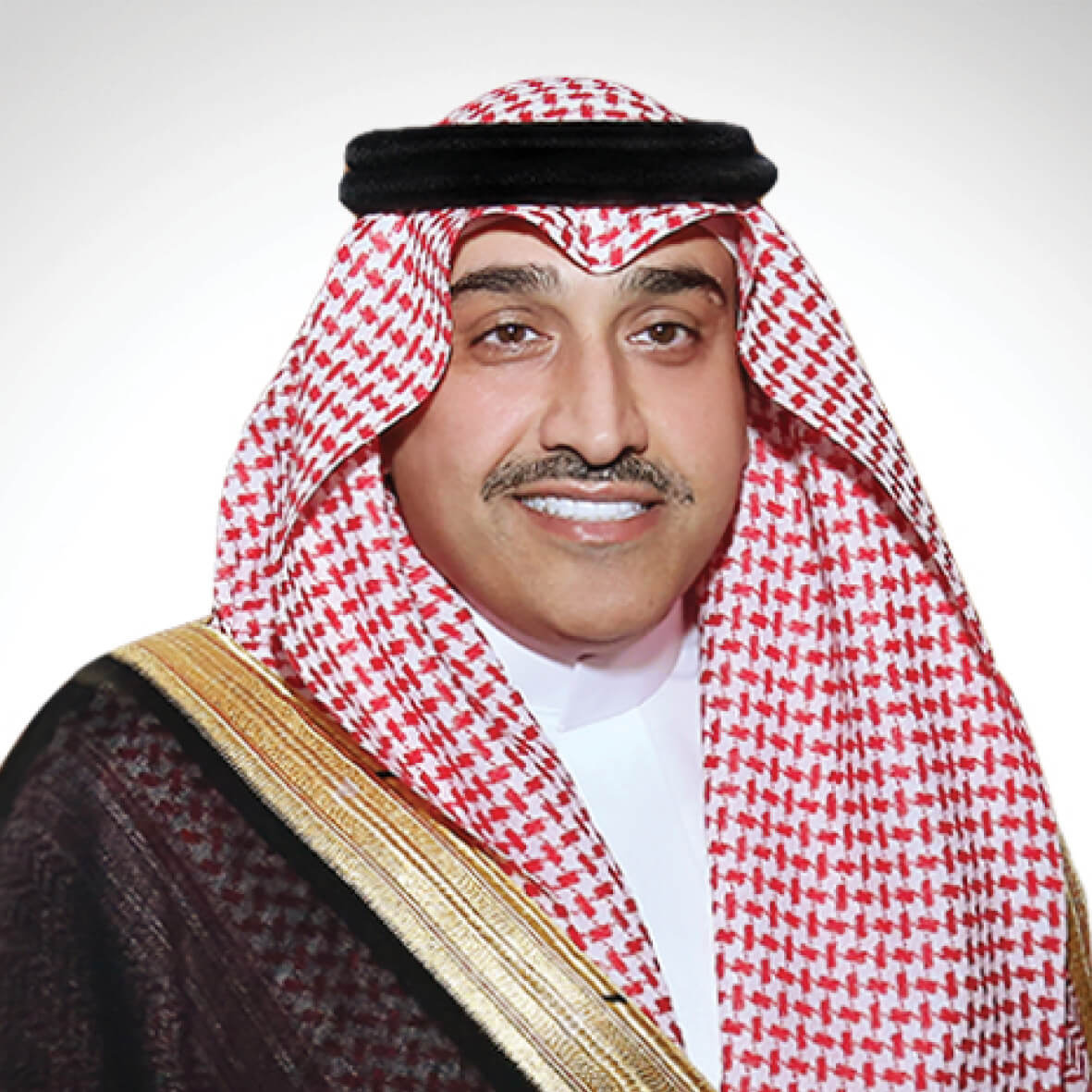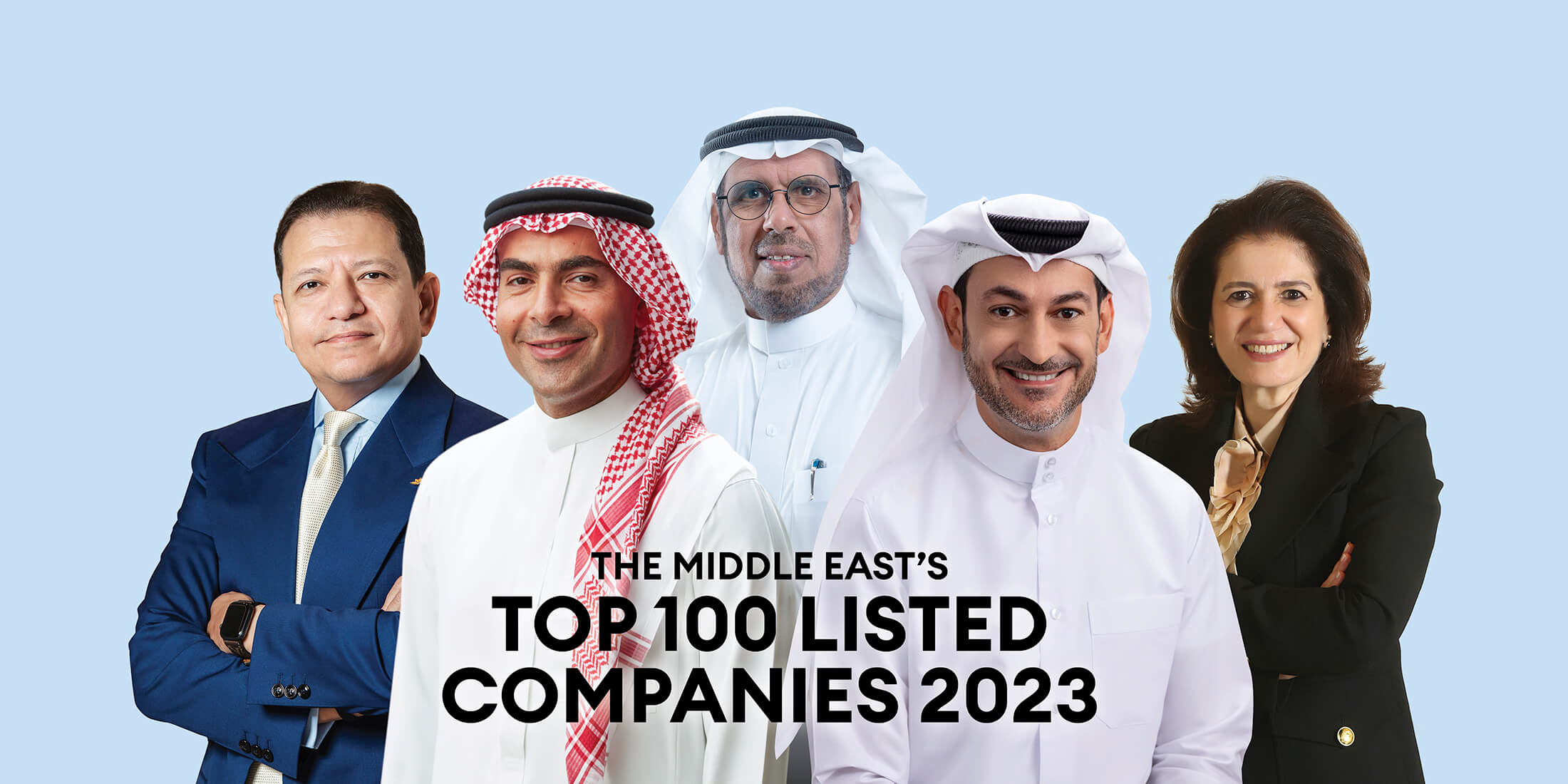THE MIDDLE EAST’S
Top 100 Arab Family Businesses 2024
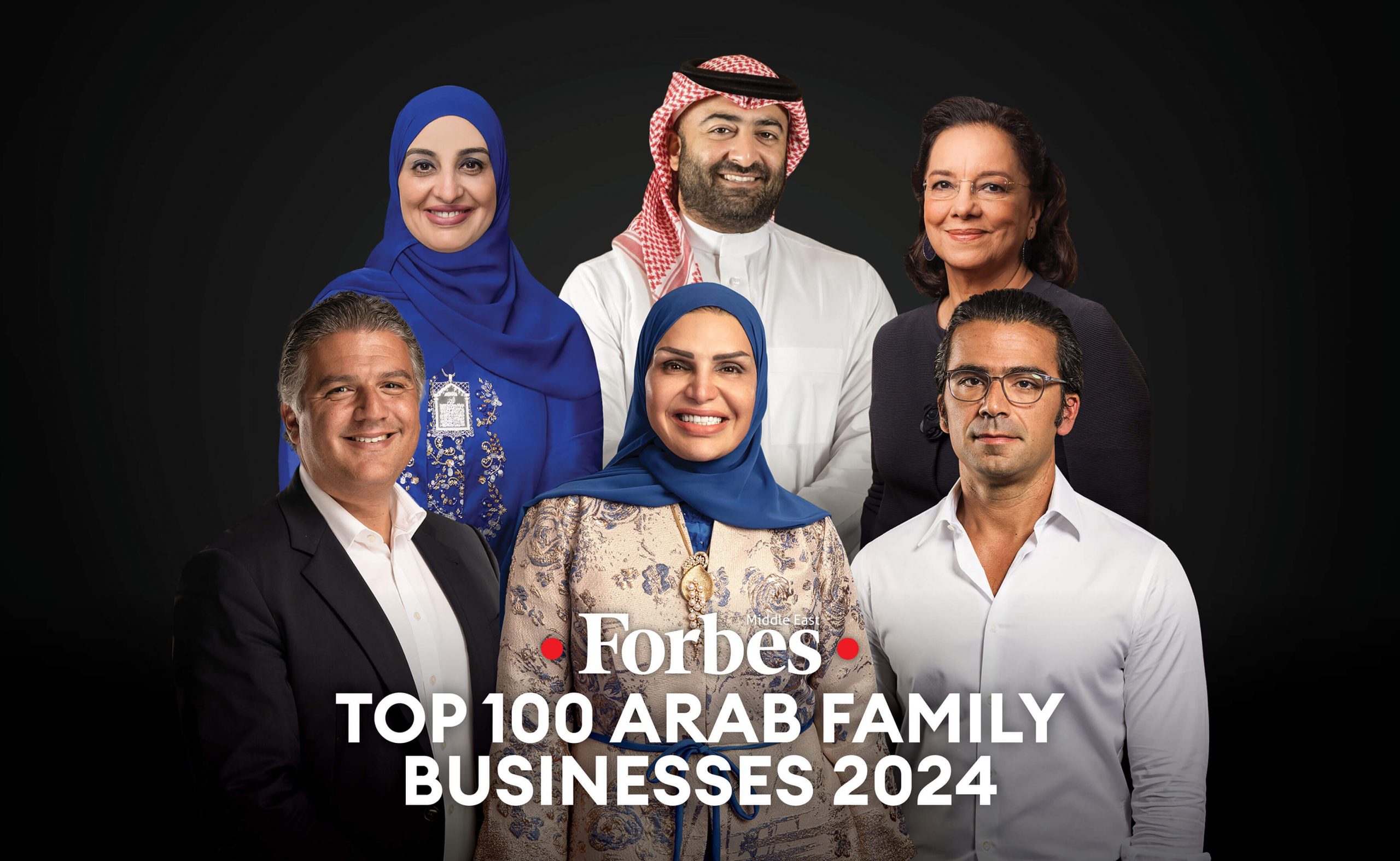

Big homegrown businesses in the Middle East are not only economic entities but also cultural and social institutions deeply rooted in tradition and heritage. Middle Eastern family businesses, once characterized by traditional sectors such as hospitality, retail, and manufacturing, are increasingly diversifying into emerging industries. The push for innovation and adaptation is crucial in the face of global competition and rapid technological advancements. Many family businesses are investing in research and development, digital transformation, and sustainable practices to secure their place in the evolving market.
In recent decades, Middle Eastern family businesses have undergone a transformation, expanding their horizons beyond regional borders and venturing into the global arena. Apart from the traditional real estate as well as hospitality investments in Europe and the U.S., Middle Eastern families are now investing in tech startups as well as sustainability ventures, in both the developed and developing world. For example, Abdul Latif Jameel and the Al Faisaliah Group have invested in EV manufacturers Rivian and joined forces with BeyonCa, respectively, while the Mansour Group has been an early investor in companies like Spotify and Airbnb. The AlNowais Investments Group has more than 1,230MW of clean energy projects in Africa Burkina Faso, Egypt, Jordan, Morocco, and Togo, either in operation or under construction.
The family businesses on our list have stood the test of time, with six being established in the 1800s and 26 established before 1950. Just six were established in the 2000s, all of which were formed due to a split or sale of an earlier business or the consolidation of pre-existing assets to form a holding group.
GCC families are the most successful in the family business space, with 34 of the 100 family businesses coming from Saudi Arabia, 28 from the U.A.E., and seven businesses each from Qatar and Kuwait.
Top 100 Arab Family Businesses 2024
Methodology
Businesses owned or run by Arab families were considered for the list. We collected information from stock exchanges, reports from consulting firms, and other primary sources. We ranked the family businesses based on the following:
· The size and value of the businesses they hold, including listed entities, real estate and hospitality assets, and revenues from other holdings.
· Business activity in the last year, including IPOs, new project launches, and new investments.
· How diversified the business is in terms of sectors and geographies.
· The performance of their key businesses and the sectors in which they operate.
· Age and legacy of the company.
· Number of total employees.
Methodology
Businesses owned or run by Arab families were considered for the list. We collected information from stock exchanges, reports from consulting firms, and other primary sources. We ranked the family businesses based on the following:
· The size and value of the businesses they hold, including listed entities, real estate and hospitality assets, and revenues from other holdings.
· Business activity in the last year, including IPOs, new project launches, and new investments.
· How diversified the business is in terms of sectors and geographies.
· The performance of their key businesses and the sectors in which they operate.
· Age and legacy of the company.
· Number of total employees.

